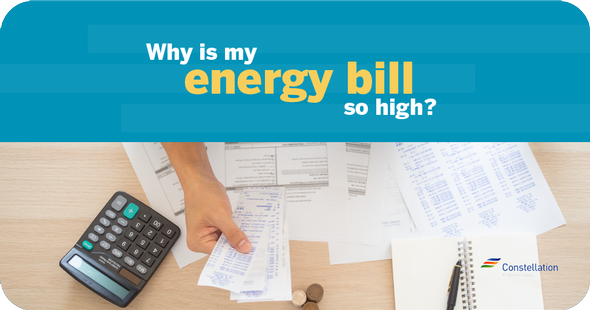
For many homeowners, heating the house in the winter is the second highest cost of ownership. And it’s going to cost a lot more to heat our houses this winter.
The Energy Information Administration is forecasting a colder than average winter as well as continued high energy prices. This is following the third hottest summer on record when electric companies used up a huge amount of their reserves to power air conditioning. Demand is outstripping supply globally. Energy costs this winter are projected to be the highest in more than a decade.
How high will our heating bills go? The US Energy Department estimates that those who use natural gas for heating will see their costs increase by 28%. Natural gas is used by most US households. Heating oil will see the second highest jump, 27%, and electricity used for heat will come in 10% higher. The cost to deliver the fuel is also going up. These increases are all on top of even higher percentage increases last year.
However, US energy price increases are moderate when compared to European markets where energy costs have been skyrocketing as supplies are dwindling. This also has an impact on US domestic fuel costs.
Noah Barrett, research analyst for energy and utilities at Janus Henderson believes that the US has sufficient inventories to meet demand for heating oil. “The issue is with price – customers will likely have to pay higher prices relative to recent history.”
While the individual homeowner has no control over the cost of fuel or the weather, there are steps we can take to lower heating costs during the cold months to come.
The Department of Energy (DOE) recommends letting in natural sunlight during the day to warm the home and lowering the thermostat at night and when you leave during the day (use a programmable thermostat to do this automatically). The DOE also recommends sealing any air duct leaks, covering drafty windows, checking heating systems and vents for dust or broken parts, and conserving hot water. The DOE advises having a yearly home energy assessment done by the local energy company. The technician will check insulation, inspect heating and air conditioning equipment and locate leaks. “A home energy assessment should be your first step before making energy-saving home improvements, as well as before adding a renewable energy system to your home,” the DOE states.
Experts advise against using space heaters; these portable devices can cause fires if left on for long periods and they use a lot of electricity, which will also be more expensive this winter.
The weather and heating news isn’t all frightful: S&P Global Commodity Insights expects that fuel production will continue to expand through 2024 while domestic demand growth will moderate. These factors should allow prices to decline from today’s high levels.
Sources: CBS News, Barron’s, Time, CNN
